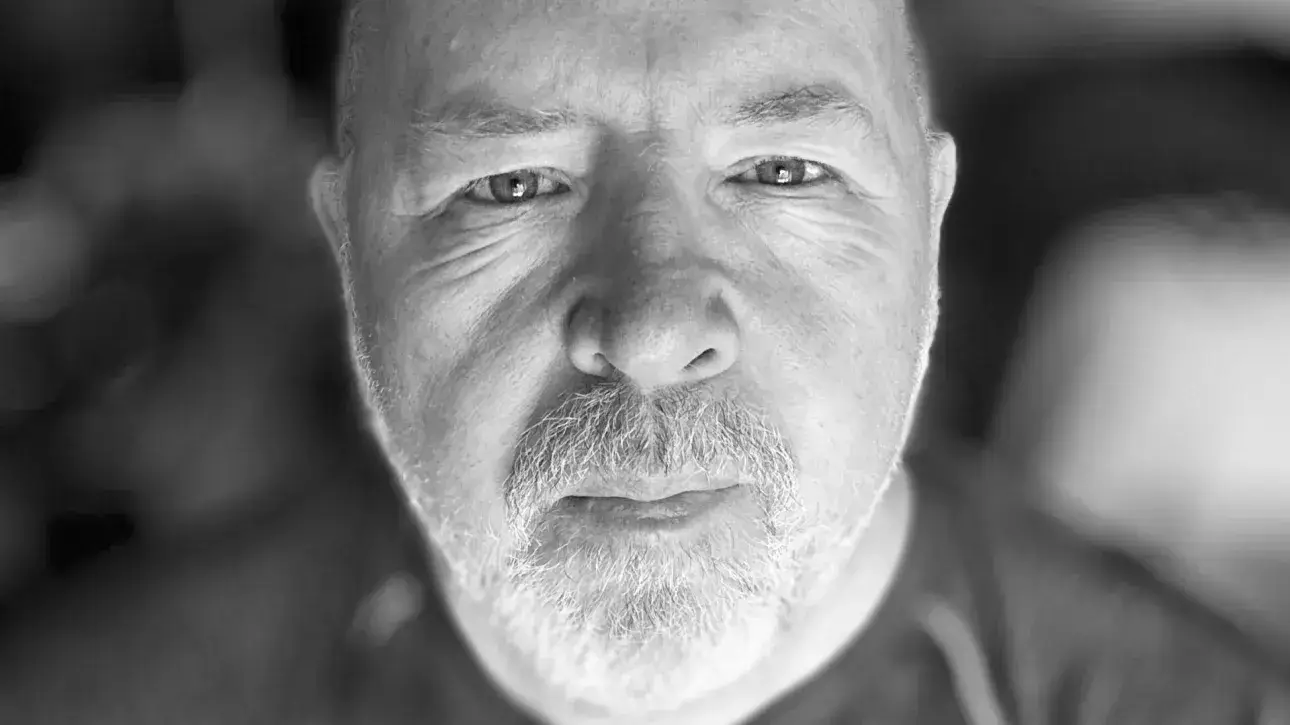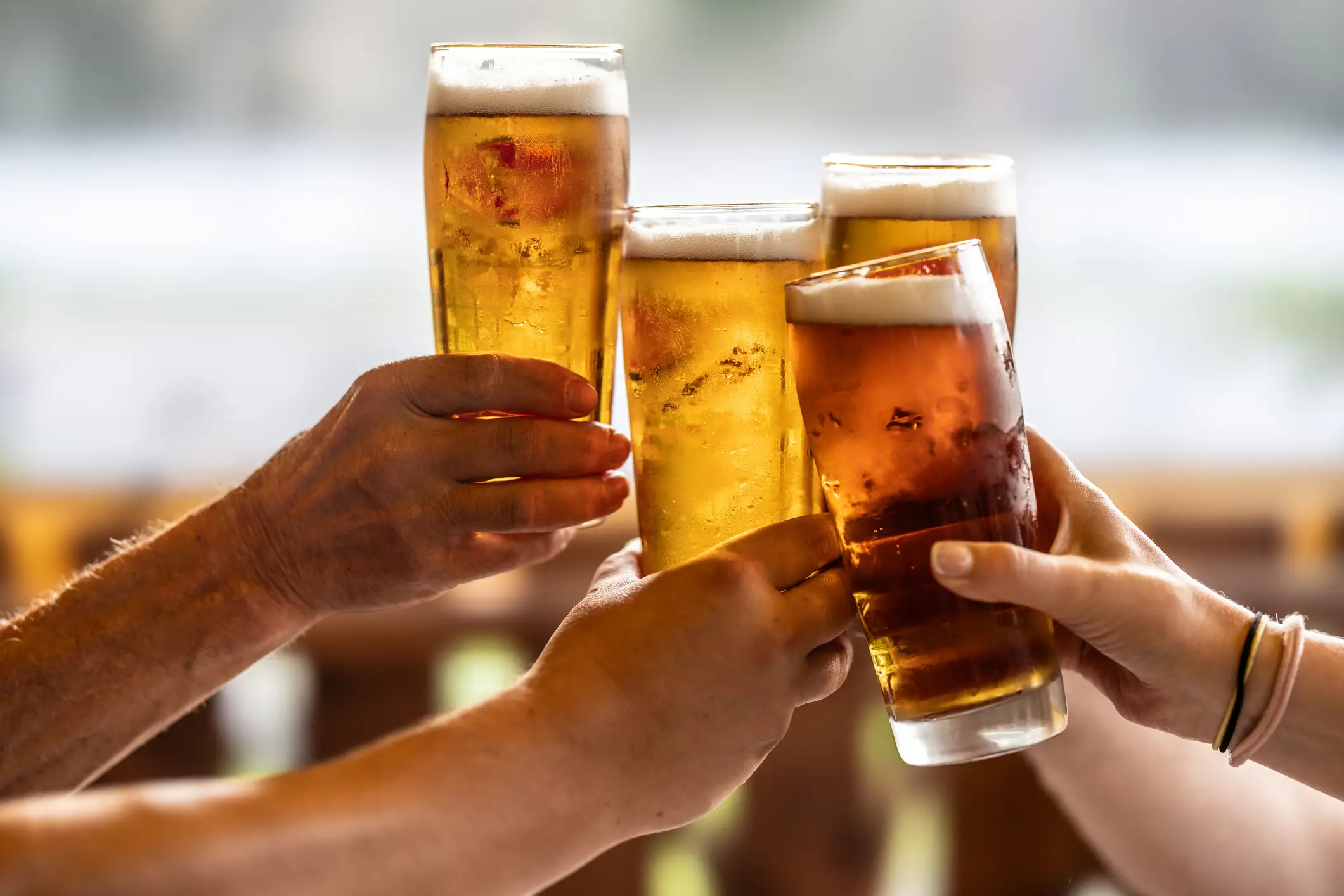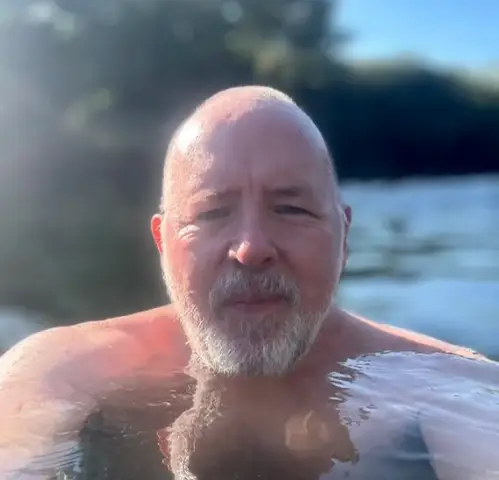
A man who's been sober for nine months after spending 45 years drinking has revealed everything which ‘no one tells you’ after you quit booze.
Anyone living in the UK will likely be very aware that drinking culture is ingrained in the overwhelming majority of people's lives. National guidelines state that adults shouldn't drink more than 14 units a week, a guideline which 24 percent of adults in England are thought to exceed.
In Wales, the figure drops to 17 percent, 22 percent in Scotland and 16 percent in Northern Ireland.
However, attitudes towards booze are changing, with drinking trends suggesting that people are moving towards more conscious drinking or even complete abstinence.
Advert
One such person is Ian Callaghan, who has built himself a platform on social media (@ian_callaghan) by sharing his journey towards achieving a 'mid-life reset' and speaking openly about his journey to sobriety.
He has since penned an ebook about his experience quitting drinking and works as a sober coach.

The content creator regularly explains what worked for him personally, as getting sober was about making changes from within. "My transformation came from within. It was about raw honesty, confronting my patterns, and relentlessly rewiring my mind," he explains on his website.
In a recent post on TikTok, Ian reflected on his first nine months of sobriety after 45 years of drinking, revealing all the changes he experienced after quitting.
"This is what it actually feels like when you stop after a lifetime in the drink," he wrote under the reflection video.
"I lived in booze. Morning, noon, blackout. Built routines around pints, takeaways, and lies. Now I’m free, but freedom is work."
One key thing Ian noted in his post was how his friendships changed after giving up alcohol.
"You'll lose people... and gain yourself," he explained. "Pub mates fade. Scripts crack. You're not broken, the script is.
"The ones who stay meet the real you."

Another change Ian noticed was how he experienced life, noting that alcohol appeared to have 'flatlined' all of his emotions. "The highs are higher, the lows are louder," he said. "Take it away, and you feel the full weather. Grief bites, joy lands clean, boredom kicks in. It’s messy. It’s living. I didn’t want happiness. I wanted to stop feeling dead. That’s what life arrives with, with the volume back on."
He also noted the importance of making sure you create routines and have methods to combat cravings when they occur – which, for Ian, is cold water.
"Cold water is honest. It doesn’t cure you. It gives you two minutes of control when your head lies," he explained.
He went on to recall standing under cold water while experiencing bad withdrawal symptoms on his third day sober, adding: "I shook so hard I could barely hold a pen. I stepped under freezing water and counted to ten. It shocked the cravings out just long enough to breathe and eat. That was the first time I felt powerful. Not because I felt good, but because I kept a promise.
"Nine months in, I still rewire. I still get ambushed by old songs, old pubs, old routes. Still feel grief for the years I burned. Then I make broth. I text a mate. I write. I sleep. Next morning, shame’s gone. Trust’s bigger."
What does the NHS say about quitting alcohol?
For more information and advice on quitting or limiting the amount you drink, click here for the NHS website, which explains what support is available as well as tips on cutting down.
Please drink responsibly. If you want to discuss any issues relating to alcohol in confidence, contact Drinkline on 0300 123 1110, 9am–8pm weekdays and 11am–4pm weekends for advice and support.
Topics: Health, Alcohol, Food And Drink